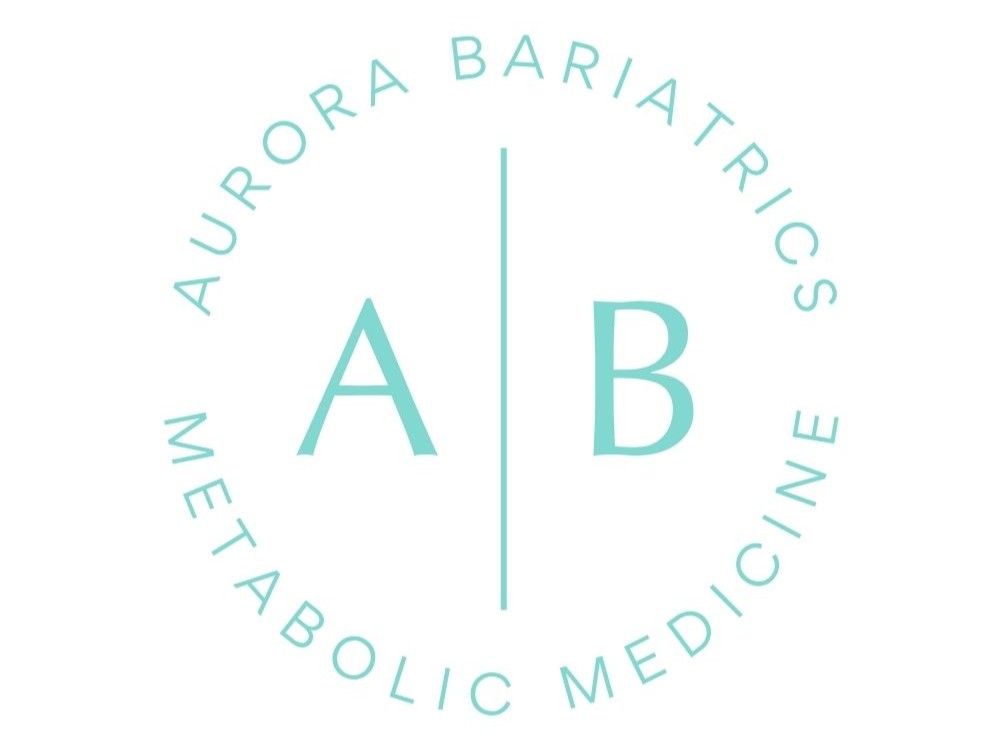After Surgery
Your Recovery Guide: Day 1 to Day 14
At Aurora Bariatrics, we want you to feel confident and supported during your recovery. Here’s what to expect in the first two weeks after your gastric sleeve or gastric bypass surgery.

Day 1: The First 24 Hours After Surgery
Day one is often the toughest. Many patients feel surprised by how tired, nauseous or uncomfortable they feel after surgery — and that’s completely normal.
Common Symptoms
- Nausea: Mild nausea is expected. Peppermint tea and slow sipping can help. Let your nurse know if it worsens.
- Shoulder tip pain: This can occur from the gas used during laparoscopy. Walking and heat packs are helpful.
- Discomfort or tightness: Most people describe a feeling of tightness in the upper abdomen rather than sharp pain.
- Bloating: This is common and should settle gradually.
- Fatigue: Don’t be alarmed if you feel exhausted – this is your body healing.
What to Do
- Sip fluids slowly and frequently – focus on warm or room temperature liquids.
- Walk around the ward – gentle movement helps ease pain and supports healing.
- Deep breathing exercises and an incentive spirometer (if provided) reduce your risk of chest infection.
Watch Dr Ruth Blackham explain more about what to expect from Day 1 post surgery here:
Day 2: Heading Home
By Day 2, most patients are discharged and start to feel a little better.
Fluids & Nutrition
- Begin nourishing fluids: anything thin enough to go through a straw (without using one).
- Avoid thick yoghurts or anything difficult to swallow.
- Aim for at least 800–1200mL/day of total fluid intake (goal is 1500mL).
- Continue clear and nourishing liquids as advised by your dietitian.
Pain, Nausea & Medication
- You'll be sent home with anti-nausea and pain medications – including dissolvable wafers for fast relief.
- Multivitamin: Begin taking a chewable multivitamin or capsule contents mixed into a smoothie after 7 days.
Bowels
- Constipation is very common.
- If no bowel motion by Day 5: take Lactulose 20mL three times daily and Movicol 2 sachets four times daily.
- If no motion by Day 7: use a Microlax enema.
- Avoid Senna-based laxatives like Coloxyl/Senna as they may irritate your gut.
Before Discharge
- Your IV drip will be removed.
- You should be independently walking around the ward.
- You’ll receive instructions and a contact number for support.
Watch Dr Ruth Blackham explain what to expect from Day 2 post op:
Days 3–14: At Home Recovery
Fluids & Diet
- Your top priority is staying hydrated – sip, sip, sip all day.
- Follow your dietitian’s instructions for the next stages of your liquid and soft food diet.
- Aim for 1–1.5 litres of fluid daily, including broths, protein drinks and hydrating fluids.
Pain & Activity
- Most people reduce or stop pain relief after a few days.
- Continue walking several times a day.
- Avoid swimming, heavy lifting, or intense exercise.
You may resume driving after one week as long as you feel well and can brake safely.
Wounds
- Surgical glue is applied to wounds and will gradually peel off by day 10–14.
- Some mild itchiness is normal.
Travel & Safety
- If travelling long distances, stop every 2 hours to stretch and walk.
- Continue wearing your compression stockings until you’re more active.
Signs to Watch For
Seek medical attention if you experience:
- Fever
- Severe abdominal pain
- Inability to drink or swallow
- Shortness of breath
If urgent, present to your nearest Emergency Department. Public bariatric emergencies in WA are managed at Sir Charles Gairdner Hospital.
Follow-Up Care
- Your surgeon will see you around 3 weeks after surgery, in person or via Telehealth.
- If you have concerns:
- During hours: Call our rooms on (08) 6478 7631
- After hours/emergencies: Visit your local Emergency Department or GP
Exercise Guidelines
- Walking: Start immediately post-op
- Light cardio (walk/cycle): A few days post-op
- Weights, Pilates, high-intensity exercise: Wait at least 4 weeks
- If you had a hiatus hernia repair: No weights for 4 weeks
Watch Dr Ruth Blackham explain what to expect in your first two weeks post op:
You're Not Alone on This Journey
The first days after bariatric surgery can feel challenging — but with the right care, guidance and mindset, each day gets easier. Our team at Aurora Bariatrics is here to support you every step of the way, from your first sip of fluid to your long-term goals.
Recovery isn’t just about healing — it’s about building new habits, gaining confidence, and taking back control of your health.
If you have questions, concerns or need support, don’t hesitate to reach out. We’re here to help you succeed.


